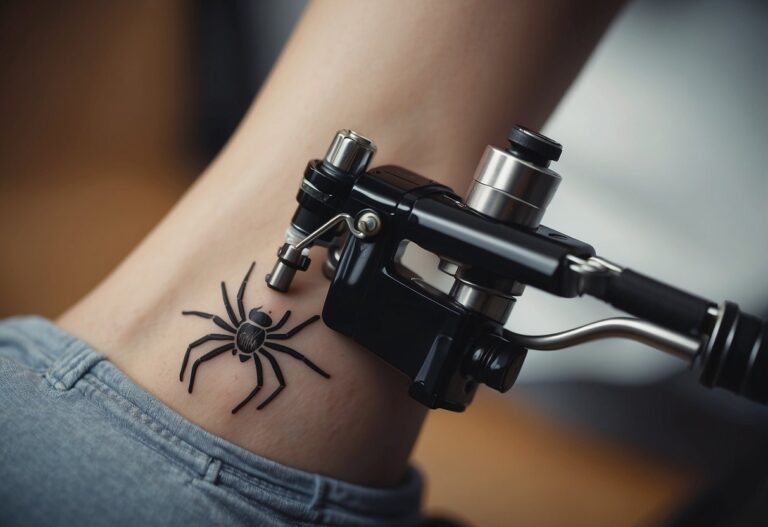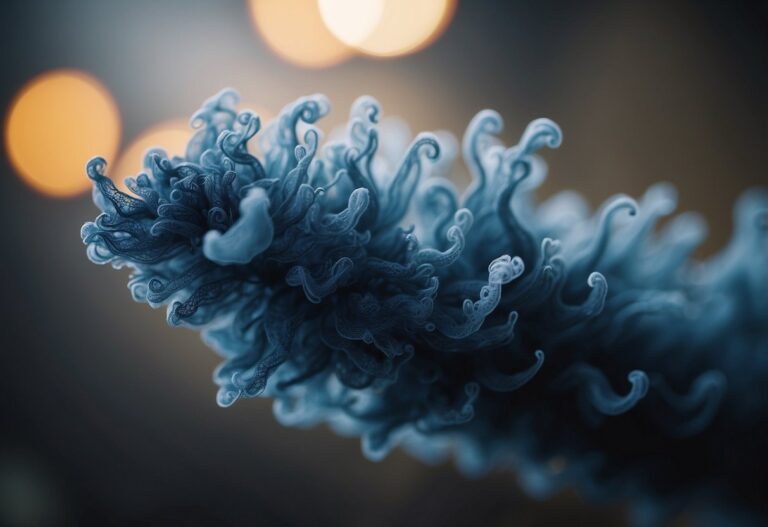Does Hyaluronic Acid Fade Tattoos? Your In-Depth Guide
Curious about whether hyaluronic acid will make your tattoos fade? You’ve come to the right place! When you’ve invested in a beautiful piece of body art, the last thing you want is for it to lose its luster. Hyaluronic acid, known for hydrating and promoting collagen production, does not fade tattoos. Instead, it can help maintain the vibrancy by keeping your skin hydrated and reducing inflammation.
Tattoo aftercare is crucial, and hyaluronic acid can be a beneficial part of your regimen. Applying it can help reduce redness and scarring, ensuring a smoother healing process. Keeping your skin healthy and moisturized is essential to making sure your tattoos look fresh for longer.
Besides hyaluronic acid, there are other practices to keep your tattoos from fading. Using SPF to protect your tattoos from UV rays and choosing the right kind of moisturizers can make a significant difference. By incorporating hyaluronic acid and these practices into your routine, you’ll help your tattoos remain as striking as the day you got them.
Key Takeaways
- Hyaluronic acid does not fade tattoos and helps keep skin hydrated.
- Proper aftercare, including using SPF and the right moisturizers, is essential.
- Good skincare practices can maintain tattoo vibrancy and reduce scarring.
Understanding Hyaluronic Acid and Its Impact on Tattoos
Hyaluronic acid can be beneficial for tattoos by moisturizing and aiding in the healing process. While it supports skin health, it is also important to understand possible effects on tattoo ink and colors.
The Role of Moisturization in Tattoo Aftercare
Moisturizing is a key step in taking care of a new tattoo. Keeping your tattoo hydrated helps it heal quicker and look more vibrant. Hyaluronic acid, known for its ability to hold up to 1,000 times its weight in water, is fantastic for hydration.
When applied to a healing tattoo, hyaluronic acid can prevent the skin from drying and cracking. This reduces the risk of infection and helps maintain the tattoo’s color and clarity. Additionally, it improves skin elasticity, which can be especially beneficial for tattoos on areas of the body that move a lot.
How Hyaluronic Acid Supports Skin Healing
Hyaluronic acid is not just a moisturizer. It also plays a role in promoting skin healing. By encouraging collagen production, it can speed up the healing process. This helps minimize scarring and makes your tattoo look better in the long run.
For people with sensitive skin, hyaluronic acid’s gentle properties make it an excellent choice for tattoo aftercare. It soothes irritation and keeps the skin calm. Using a serum or cream with hyaluronic acid can ensure your skin heals efficiently, ensuring your tattoo remains as vibrant as possible.
Possible Interactions Between Hyaluronic Acid and Tattoo Ink
A common concern is whether hyaluronic acid can fade tattoo ink. There is no strong evidence to suggest that it does. Hyaluronic acid does not contain any active ingredients that break down color pigments. Instead, it focuses on skin hydration and healing.
In fact, by keeping the skin healthy and well-moisturized, hyaluronic acid can help maintain the vibrancy of your tattoo. Healthy, hydrated skin is less likely to develop scars or other issues that can affect the appearance of your tattoo.
When choosing a skin care product for your tattoo, always check the ingredients. Avoid products with harsh chemicals that could potentially harm the tattoo ink. Hyaluronic acid, being naturally gentle, usually makes a safe choice.
Best Practices for Tattoo Maintenance and Longevity
Proper tattoo care can really make a difference in how your ink looks years down the line. This includes selecting the right products, making smart lifestyle choices, and knowing when to seek professional advice.
Selecting the Right Products for Your Tattoo
Using the right products is crucial to maintaining your tattoo’s vibrancy and preventing damage. Aftercare products like antimicrobial soap and unscented lotions help keep your tattoo clean and moisturized. Hyaluronic acid can speed up the healing process by promoting collagen production, reducing the risk of infection and scarring.
Sunscreen with a high SPF is a must. UV exposure causes pigments to fade. Regularly applying sunscreen slows down this process. Petroleum jelly or occlusive creams like Vaseline lock in moisture and protect your tattoo from debris and dust.
Lifestyle Tips to Preserve Tattoo Quality
Where your tattoo is placed on your body can affect its longevity. Tattoos on areas like the hands, feet, neck, and back are more likely to experience wear and tear due to movement and friction from clothing.
Moisturize your skin regularly to keep your tattoo looking fresh. Avoid prolonged exposure to sunlight and always wear sunscreen with SPF 30 or higher. If your tattoo starts itching or peeling, resist the urge to scratch or pick at it, as this can damage the ink.
Stay hydrated and maintain a balanced diet. Nutritious foods help your skin remain healthy, which in turn helps your tattoo look better over time.
When to Consult a Dermatologist or Tattoo Artist
You should consult a dermatologist or your tattoo artist if you notice signs of infection, such as excessive redness, swelling, or pus discharge. If you experience an allergic reaction, it’s important to seek professional help immediately.
Your tattoo artist can also provide touch-ups if the ink fades or becomes distorted over time. Regular check-ins with your artist ensure that your tattoo stays in its best shape. Customer reviews can be a great way to find highly recommended professionals who can offer advice tailored to your specific tattoo.
By following these tips, you can enjoy your tattoo for many years to come.







